London
At London parties you can find plenty of smart beautiful women and handsome charming men. You can find a cornucopia of drugs and drink. And you can find someone who will sleep with you, marry you, publish you and best of all, flatter you. But what’s hard to find is someone to have a really good conversation with.
Think about it. When was the last time you went to a social event and had a really interesting conversation with a stranger? You meet someone and suddenly you click: they get you, you get them. There’s no secret agenda — sexual or otherwise — just the pure pleasure of talking.
And now that I don’t drink, take drugs or look for love, all that London parties have left to offer me is good conversation. No matter what the social occasion — a glamorous opening night or a small birthday celebration at some dingy pub — I’m always hopeful I will find one.
I even talk to the people that no one else talks to. At every party there’s what I call the Lonely Guy. He’s the one who doesn’t know anyone and just stands in the shadows sending distress signals with his sad smile.
And when I introduce myself I watch his face light up with gratitude, as if he’s been rescued! “So, what’s your story?” I ask. I’d love to report that it’s often the Lonely Guy that provides the most interesting conversation — alas, that’s not true. About ten minutes later, I’m thinking: Jesus, how am I going to exit this conversation?
Sometimes I worry that the art of conversation is dead. I know that some people shine at every social occasion with their well-honed anecdotes and funny stories. But that’s not conversation; that’s showing off. And what’s really annoying about these people is that their anecdotes and stories are usually far more entertaining than mine.
Famous conversationalists used to be celebrated as raconteurs. People such as David Niven, Peter Ustinov, Gore Vidal. But raconteurs are usually egomaniacs who never engage in the two-way traffic of real conversation; they just subject you to their entertaining monologues.
I sense that people are starved for good conversation — if not to have them at least to hear them. How else do you explain the podcast phenomenon? And how do you explain that every third-rate hack in London has his or her own podcast — except me! We’re all part of the chattering classes now.
I’m tempted to claim that conversation is the new rock ’n’ roll. Would you believe it, people actually pay good money and go to talk gigs? And I don’t mean TED-like talks, because they are just lectures and not conversations. I mean going to see and listen to two people sitting on chairs having a conversation about politics or whatever.
There are two famous podcasters in the UK — one a former Tory minister and the other Tony Blair’s former spokesperson — and they have a very popular podcast. But they also do live gigs. And they even sell out large venues like the Royal Albert Hall! The last time I went there was to see Led Zeppelin back in the Seventies.
Judging by the number of self-help “How to Have a Conversation”-type books on Amazon, people want to learn the art of conversation. But conversation has become part of the how-to-brand yourself industry. Good conversation is an end in itself.
So what exactly is this elusive thing? Like Art, it’s hard to define, but you know it when you’re having it. It’s something beyond the pugilistic polemics and the prosaic probing that dominate so much social chat these days. Good conversations don’t have to be profound or insightful. It’s talk that is fresh, funny, stylish and often playful but in a smart and sophisticated way. It’s the effortless tango of two minds, lost in the music of words. I know when it happens because the next day I will remember it and enjoy it again.
One of the key reasons that conversation is becoming a lost art is that people talk about themselves all the time. You ask someone about their life, expecting at some point they will ask you about yours and a conversation will follow. But they don’t! I once got a text from a woman who, having talked about her projects for the entire evening, sent me a text saying: Sorry. Next time we will talk about you!
What’s missing from our conversations is curiosity. (Oops, I’m going all David Brooks here!) Ours is an age that prefers the battle of ideas and opinions rather than pleasure of discovering the mysteries of another person. This lack of curiosity affects our political discourse as well.
I’ve always thought it’s ironic that the free speech activists I meet have no interest in other people’s speech. They like the “free” bit of free speech, but not the actual speech that follows from such freedom — unless it’s their speech on the importance of defending free speech. It’s not that they disagree with what you say; they’re just not interested in what you say. They have no curiosity about your convictions.
Curiosity is the great social lubricant of good conversation. Without it we just end up talking to ourselves.
This article was originally published in The Spectator’s May 2024 World edition.



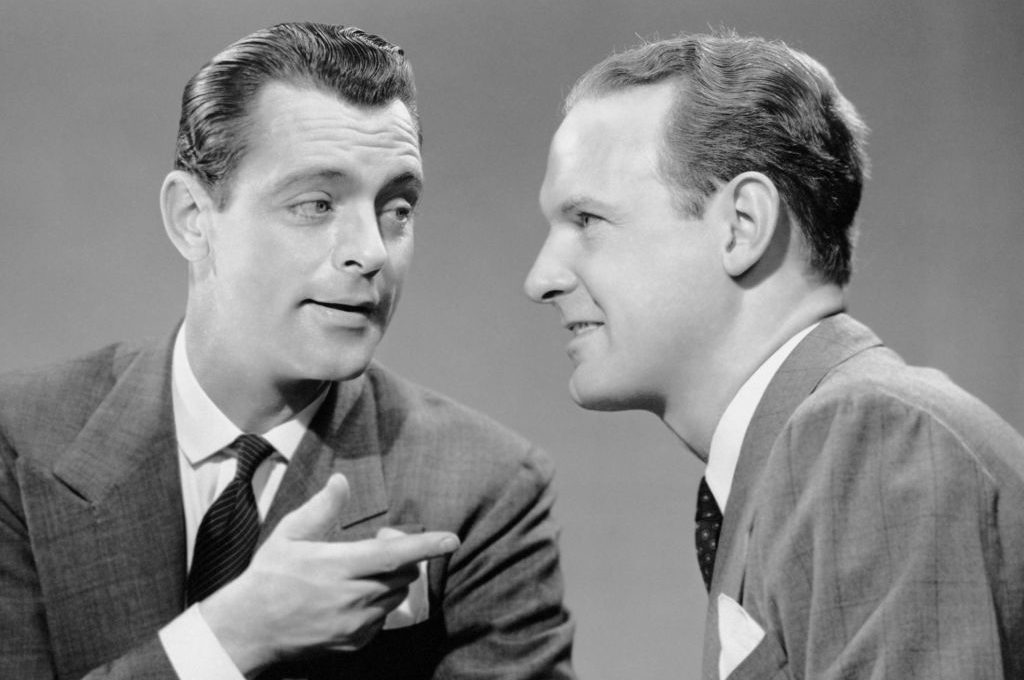









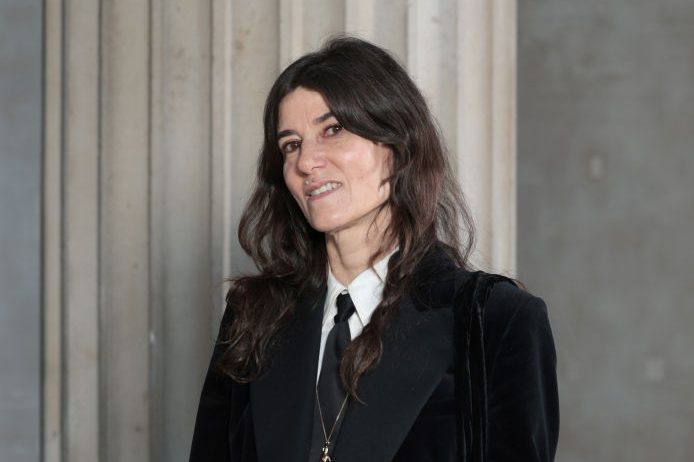
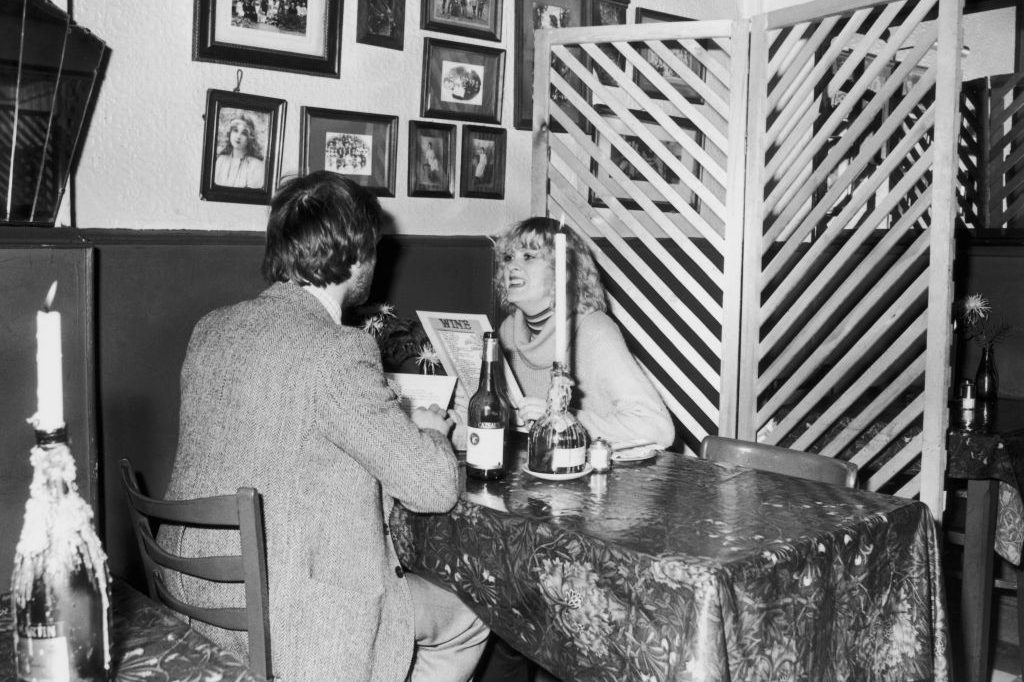
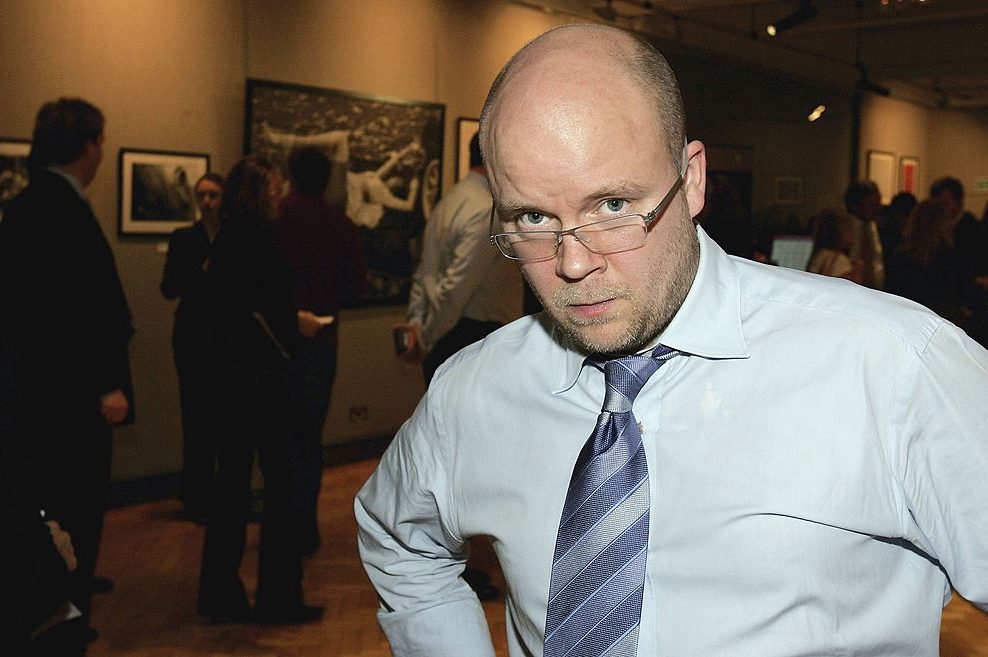
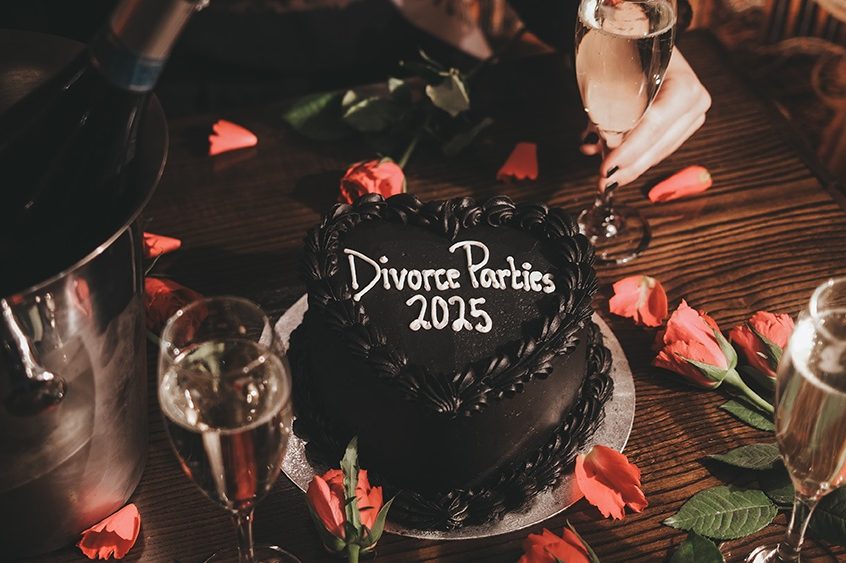

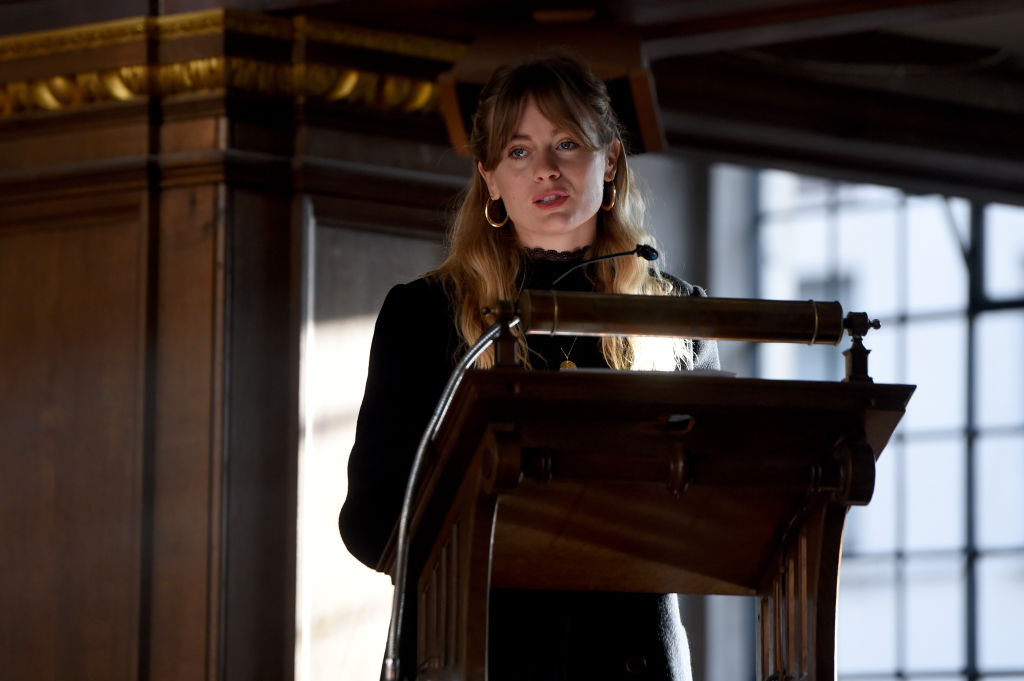







Leave a Reply